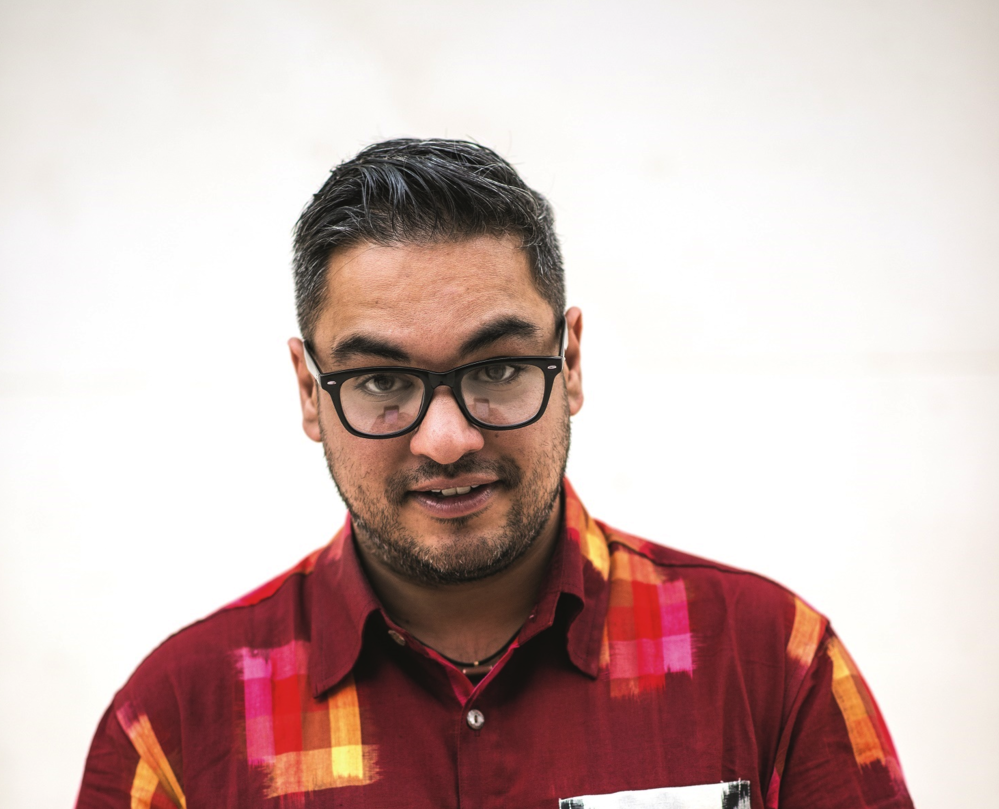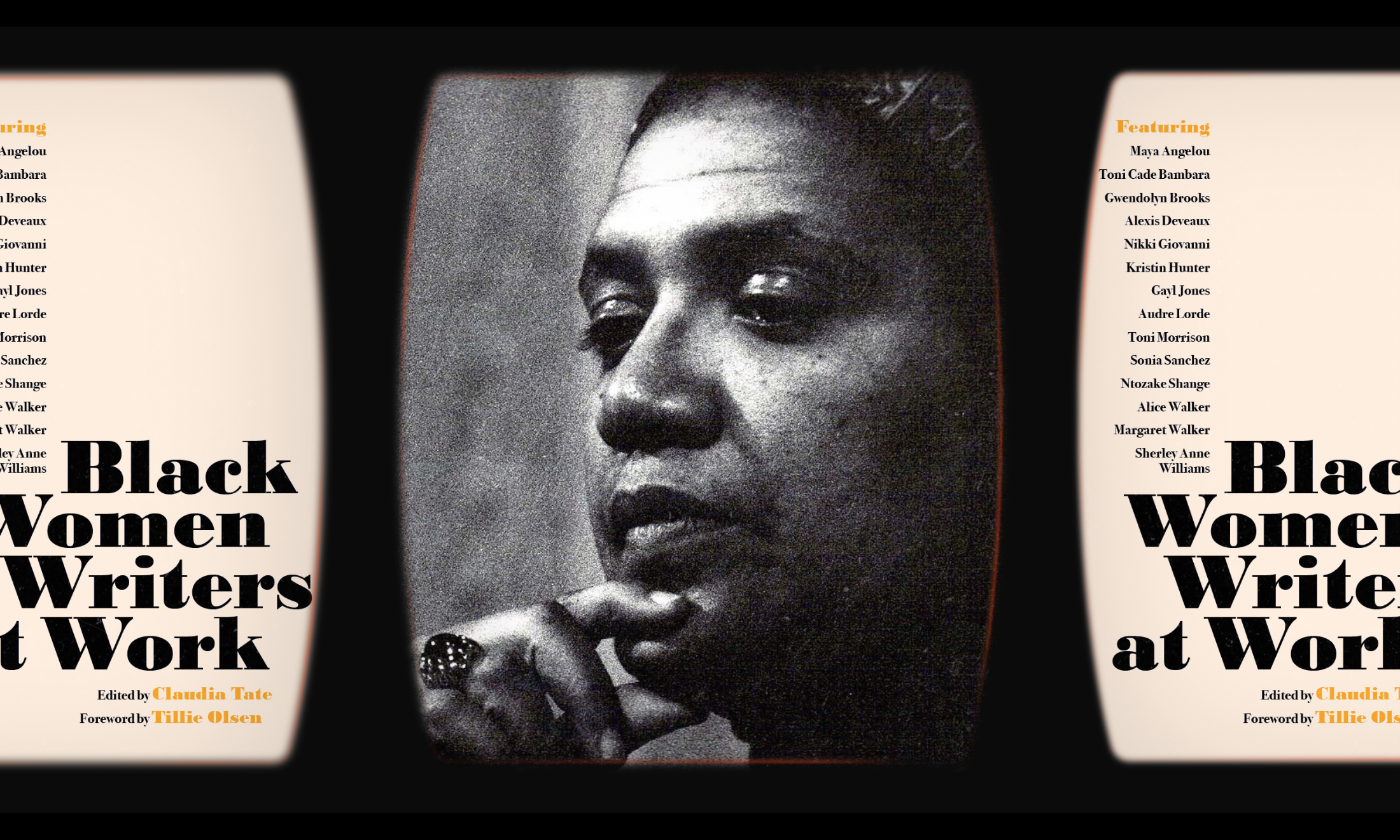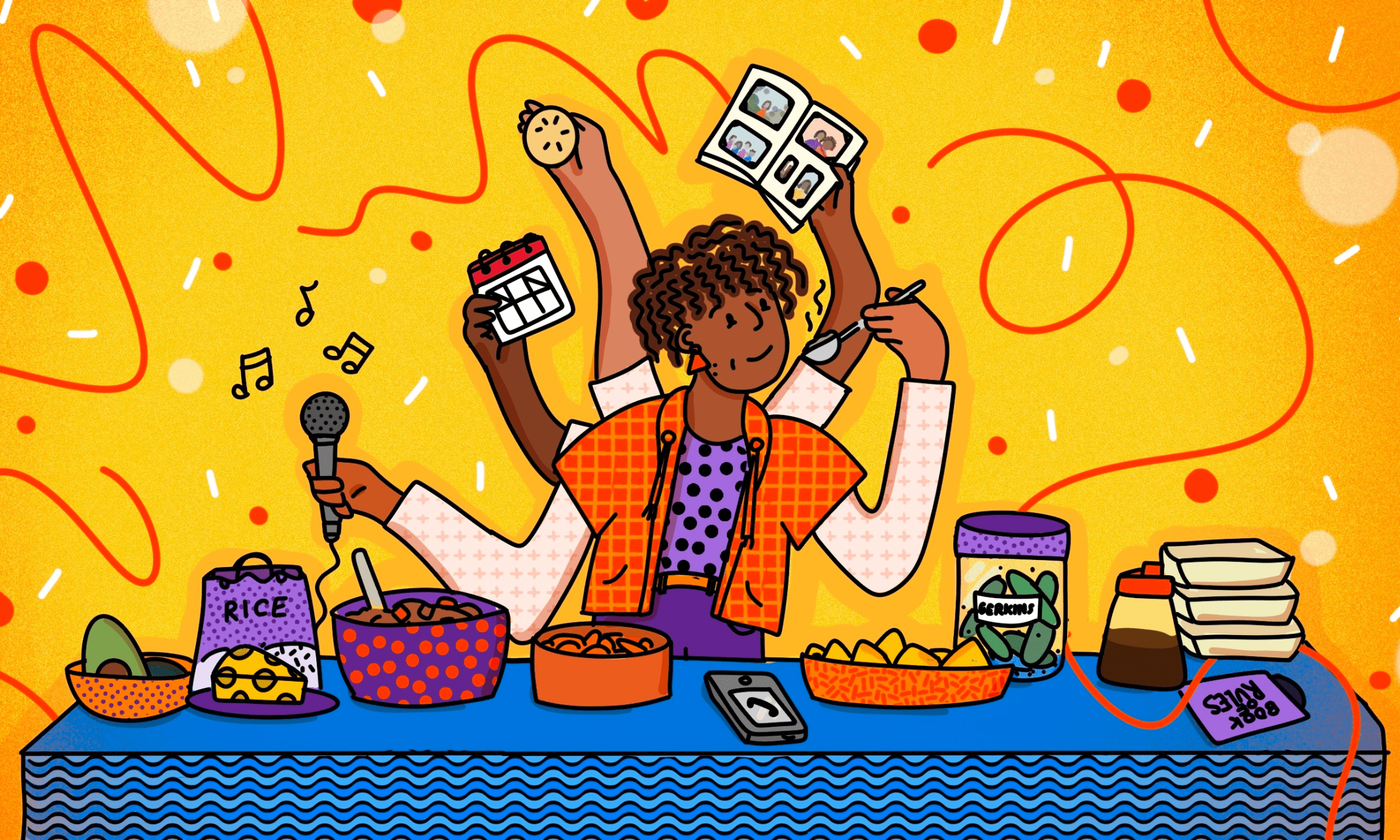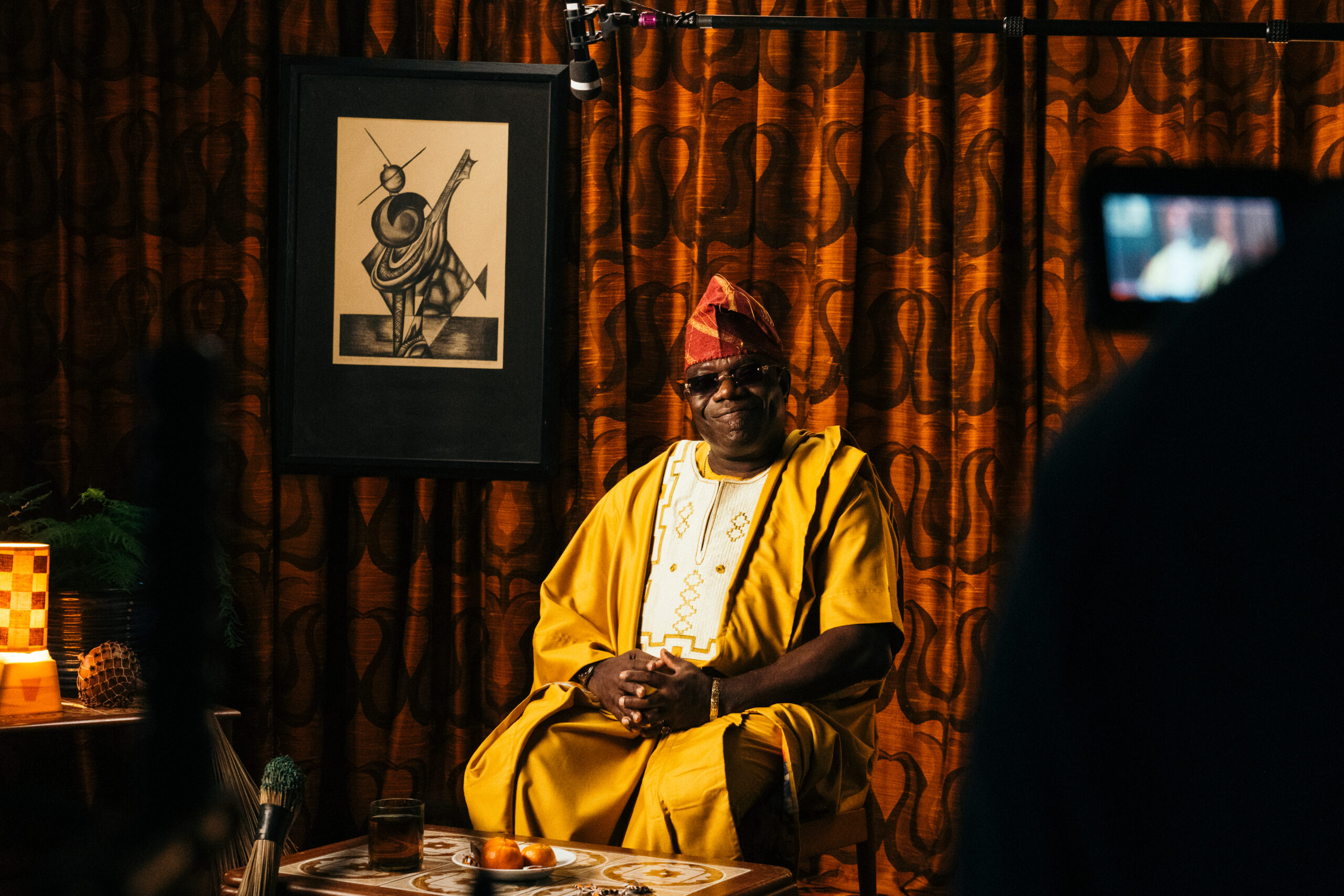
Nikesh Shukla is an acclaimed writer, poet and youth worker. gal-dem spoke to Nikesh about growing up as an Asian man in London, which has influenced much of his work and shaped his experiences as a writer in a predominantly white industry.
When I caught up with Nikesh, our conversation began with trying to pinpoint what he described as his ‘identity’ – essentially who and what he was. This is a theme consistent throughout his work.
For Nikesh, formally defining his identity is an incredibly complex task. It’s very much influenced by various factors such as his experiences, his ethnicity and even his geographic location. “I have no idea but I think about it a lot,” he says. “I think, having moved out of London four years ago, I would describe myself best as a Londoner. I think that sums up the fact that I am the child of the diaspora and the child of an immigrant, so I grew up brown in a country where I’m the minority, but in a city where I’m nearly part of the ‘cool’ other.’’
The complexity of Nikesh’s ethnic and cultural identity shapes much of his ability to construct his sense of self and belonging. Being a third-generation Indian, whose father was born and worked in Kenya, he found that he frequently struggled to identify with his ancestral Gujurati-Indian ethnicity. “The really strong Indian, Gujurati culture, that’s all the stuff that I rejected. But the thing that I felt tied to the most was actually my dad’s sense of where he came from – more than my ancestors sense of what I was born into.”
This difficulty in constructing his identity and the rejection of some parts of his ethnicity was funneled into inspiration for his first novel, Coconut Unlimited. Coconut Unlimited explores a phenomenon many black and brown youths in Britain face, the use of the term ‘coconut’ as another means by which our identities can be obscured by racialised social norms.
Sometimes referred to as ‘Oreo’ or ‘Bounty’, a ‘coconut’ describes a black or brown person who does not fit into the stereotypical boxes of what constitutes normal blackness and or brownness. As Nikesh explains, “growing up in the eighties you were either Asian or you weren’t. If you hung out with the Asians, you were Asian. If you hung out with the white people then you were a coconut.”
This nonconformity to black and brown stereotypes is seen as a means of appealing to whiteness, yet being burdened with black or brown skin. Put simply, ‘coconuts’ are black or brown on the outside and white on the inside. “When I wrote Coconut Unlimited it was very much me trying to figure out what a ‘coconut’ was. The more I wrote the more I realised it didn’t really mean anything.”
Nikesh’s second novel Meatspace further explores the complex formations of identity. This time, however, the focus is on its fusion with social media culture. The growing need to balance our online social lives, where our family and friends sometimes collide, is a daunting task. Nikesh, quite accurately, describes this phenomenon as feeling like a twenty-first birthday party. Having to juggle being cool and hanging out with your friends with being respectful and attentive to your family members is a performance many of us have yet to master.
It’s not only this balancing act that makes social media a strange place, it’s also the connections made with people you may not even properly know. “It’s like, you have that cousin who you never met but your mum makes you write a letter to her because she sent you something during Rahki once,” Nikesh says. “All of a sudden you and her are Facebook friends and you’re in each other’s lives. It’s weird!”
However, these strange aspects of sites like Facebook aren’t the only things that Nikesh identifies as part of the paradigm shift toward social media culture. Online collectives such as ‘Desi Twitter’ and ‘Desi Tumblr’ offer comfort and solace for marginalised South Asian groups to partake in witty critiques of their experiences. Nikesh highlights this as a positive. “Nowadays, if you know where to go online, you’re much less likely to feel alone, whereas growing up I felt very much alone.”
Diversity shouldn't need to be celebrated. It should be inherent. Normal. The usual. Not a thing we notice, positively or negatively.
— Dr Shukla (@nikeshshukla) February 11, 2016
Although Nikesh has had success as an author, it is undeniable that British literature remains an exclusive group with hegemonic whiteness at its core. Nikesh considers it his duty, as a British-Asian, to try and normalise non-white narratives. Yet our cultural obsession with the term ‘diversity’ does not always allow for this. “[Television producer and showrunner] Shonda Rhimes had this amazing speech where she mentioned being sick of the word diversity. It blew my mind because that is how I feel. I talk a lot about the writing sector and increasing diversity in publishing but that’s the language I have to use in order to get to the point of normalisation.’
Nikesh’s quest for normalisation is not just through the representation of his characters or his writing, but also the normalisation of his existence as an author. “I want to get to the point where I’m not ‘British-Asian author Nikesh Shukla’, but ‘acclaimed author Nikesh Shukla’, even ‘hilarious author’…” he says. “I don’t want to be defined by my ethnicity, I want the freedom to chose what I associate with being a person of colour. I don’t want it put on to me.”
Shukla believes there is vicious cycle within the publishing world, which causes a lack of representation for non-white writers, “The problem is circular. Writers don’t see themselves reflected, they go ‘this isn’t the industry for me’. So they don’t submit to agents. The agents then can’t send it to the publishers and publishers only submit what agents send them, and then the reviews, prizes and competitions can only reward and review the things that are published.”
Nikesh argues that there is collective responsibility that needs to be addressed in order to diversify and normalise the existence of writers of colour in British literature. He is currently working on an anthology called The Good Immigrant which seeks to unpack the experiences of non-white British people by bringing together a collection of essays by various authors of colour.
The Good Immigrant: 20 writers of colour on race and immigration in Britain. Coming: 2016 https://t.co/QmoQRBNuNp
— Dr Shukla (@nikeshshukla) December 20, 2015
Britain has a long way to go before we reach the point in which there is a normalisation of non-white experiences. However, through the existence of writers such as Nikesh, who highlight non-white narratives with nuance and intricacy, while simultaneously remaining critical of whiteness, perhaps there is hope for the future.
The Good Immigrant will be published in September and is available for pre-order now.









